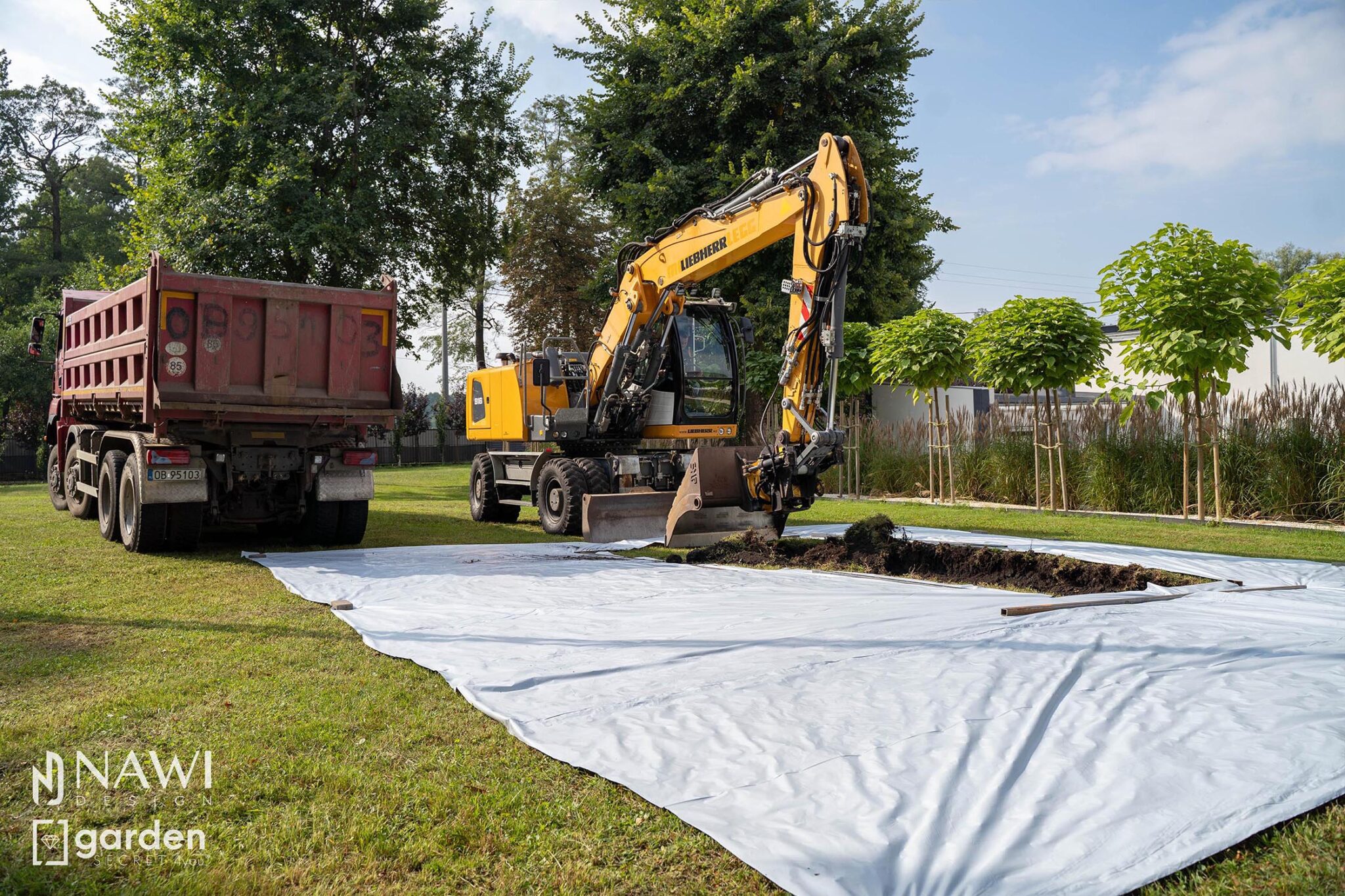
Introduction
Garden cellars are a practical and versatile solution for gardening enthusiasts who need additional storage space for tools, garden equipment or food products. A key aspect of the successful construction of a garden cellar is the choice of appropriate materials that will affect the durability, thermal insulation, as well as aesthetics of the structure. In this article, we will discuss in detail the different options for building materials, analyzing their advantages and potential disadvantages.
Wood: Classic, but Is It Still Optimal?
Wood has been used in construction for centuries due to its naturalness, aesthetics and accessibility. However, in the context of garden cellars, it is necessary to think about the durability of this material in outdoor conditions. Popular wood species for this purpose are pine, oak, cedar or larch, each of which has its own unique characteristics.
Impregnated wood, i.e. wood subjected to the process of protection against weather conditions, gains durability and extends the life of the structure. Nevertheless, even treated wood requires regular maintenance, such as painting or varnishing, to maintain its properties in the long run.
In addition, when choosing wood for the construction of a cellar, it is worth paying attention to species with natural resistance to weather conditions, such as cedar or larch. These woods are less susceptible to rot and insects, which translates into a longer lifespan of the structure.
However, thermal insulation is also an essential element to consider. Wood, although it has some insulating properties, does not necessarily provide as effective protection against heat loss as some other materials.
Brick: Solidity and Durability
Brick is a classic building material with unquestionable solidity and durability. Garden cellars made of bricks are resistant to weather conditions, are not subject to rotting or corrosion processes, which makes them durable structures. In addition, brick has excellent insulating properties, which helps to maintain a stable temperature inside the room.
Different types of bricks, such as solid, perforated or clinker, allow you to flexibly adjust the design of the cellar to your individual aesthetic preferences. Brick is also resistant to fire, which can be an important factor when storing power tools, for example.
However, it should be noted that brick is a heavy material, which makes it difficult to transport and install, as well as increasing the costs associated with these processes. In addition, traditional brick may be more prone to cracking as a result of changes in temperature or humidity, which can affect the appearance and durability of the structure.
Concrete Blocks: Strength and Ease of Installation
Concrete blocks are a popular building material that combines strength and ease of installation. Available in a variety of sizes and shapes, they allow for flexible design of the cellar taking into account individual needs and preferences. Concrete is resistant to weather conditions, which makes concrete blocks a durable material for the construction of garden cellars.
Assembling a cellar made of concrete blocks is relatively simple, especially when using ready-made elements. These blocks also have good insulating properties, which is beneficial for maintaining a constant temperature inside the room.
However, as with bricks, concrete blocks are relatively heavy, which can affect transportation and installation costs. Nevertheless, their popularity is due to the balanced ratio between durability and relatively low construction costs.
Steel: Modern and Durable
Steel, as a modern building material, is gaining more and more popularity, also in the context of garden cellars. It is extremely durable, resistant to weather conditions and is not subject to corrosion. Steel structures are also relatively lightweight, making them easy to transport and install.
Steel basement structures can be modular, allowing you to easily adjust the size of the room to your changing needs. In addition, steel is a material that can be easily processed, which gives designers a lot of freedom to create a variety of forms.
However, steel is a good conductor of heat. Although this can be an advantage in certain conditions, for example if we want to maintain a constant temperature inside the room, it can be a disadvantage if we want good thermal insulation.
Composites: Innovation and Multifunctionality
Composites are a group of materials that combine the characteristics of different raw materials to create innovative and durable products. In the context of garden cellars, wood-plastic composites are particularly popular. They offer the aesthetics of wood while being weather-resistant and requiring minimal maintenance.
Wood-plastic composites are resistant to mold, rot and pests, making them ideal for outdoor use. In addition, they do not require painting or impregnation, which makes it much easier to keep the cellar in good condition.
However, before deciding to use a particular composite, it is worth carefully familiarizing yourself with the technical parameters of the product offered. The quality of composites can vary greatly from manufacturer to manufacturer, so it is extremely important to choose a reputable supplier.
Summary
Building a garden cellar is an investment that requires solid planning and careful selection of materials. Each of the materials discussed above has its own unique characteristics, offering different advantages and potential disadvantages. The final choice should be tailored to individual preferences, budget and the specifics of weather conditions in a given region.
Solid project preparation, professional implementation and adequate protection against weather conditions are the key steps towards obtaining a durable, functional and aesthetic garden cellar. Consultation with a construction expert can be extremely helpful, allowing you to tailor the choice of materials to the specific requirements and expectations of the investor.
When building a garden cellar, we invest not only in additional space, but also in the comfort and functionality of our living space. Choosing the right materials is a key step towards achieving satisfaction with a newly created room that will last for many years.